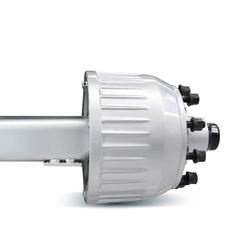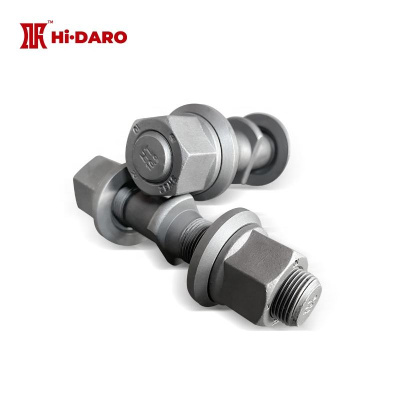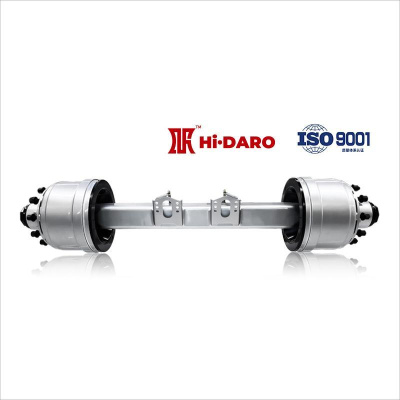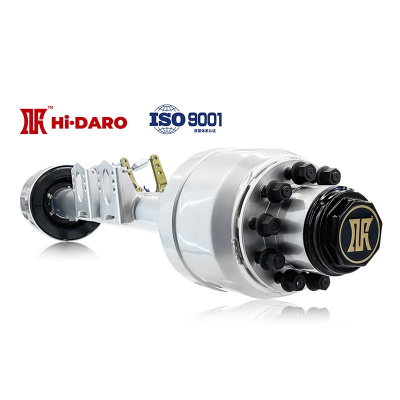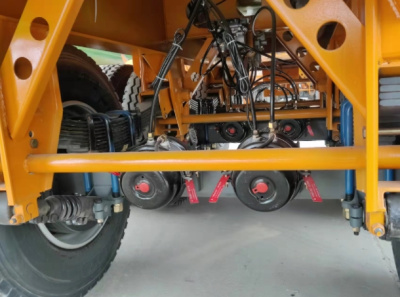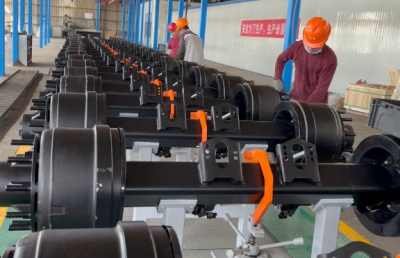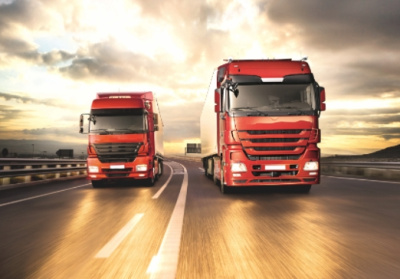Lohnt sich der Kauf eines Erdgas-Schwerlastwagens?
Unter Erdgas-Schwerlastkraftwagen versteht man einen Fahrzeugtyp, der Erdgas als Kraftstoff verwendet und Kraftstoff ersetzt. Ihr Kraftstoff lässt sich im Allgemeinen in zwei Arten einteilen: LNG (Flüssigerdgas) oder CNG (Komprimiertes Erdgas).
Angesichts des kontinuierlichen Anstiegs der Dieselpreise und der steigenden Betriebskosten von Schwerlast-Lkw mit herkömmlichen Kraftstoffen sowie der Verbreitung neuer Energietrends bei Fahrzeugen haben viele Autobesitzer beim Autokauf ihr Augenmerk auf Schwerlast-Lkw mit Erdgas gelenkt.
Relevanten Daten zufolge stiegen die Verkäufe von inländischen Schwerlast-Lkw mit natürlicher Anhängerachse im Juni dieses Jahres im Vergleich zum Vormonat um 11 % und im Jahresvergleich um 166 %. Dies ist auch der fünfte Monat in Folge, in dem der Markt für erdgasbetriebene Schwerlastkraftwagen sowohl von Monat zu Monat als auch von Jahr zu Jahr ein Wachstum verzeichnet. Es ist keine Übertreibung zu sagen, dass erdgasbetriebene Schwerlastkraftwagen fast zu einer wichtigen Triebkraft für die Erholung des Schwerlastkraftwagenmarkts geworden sind.
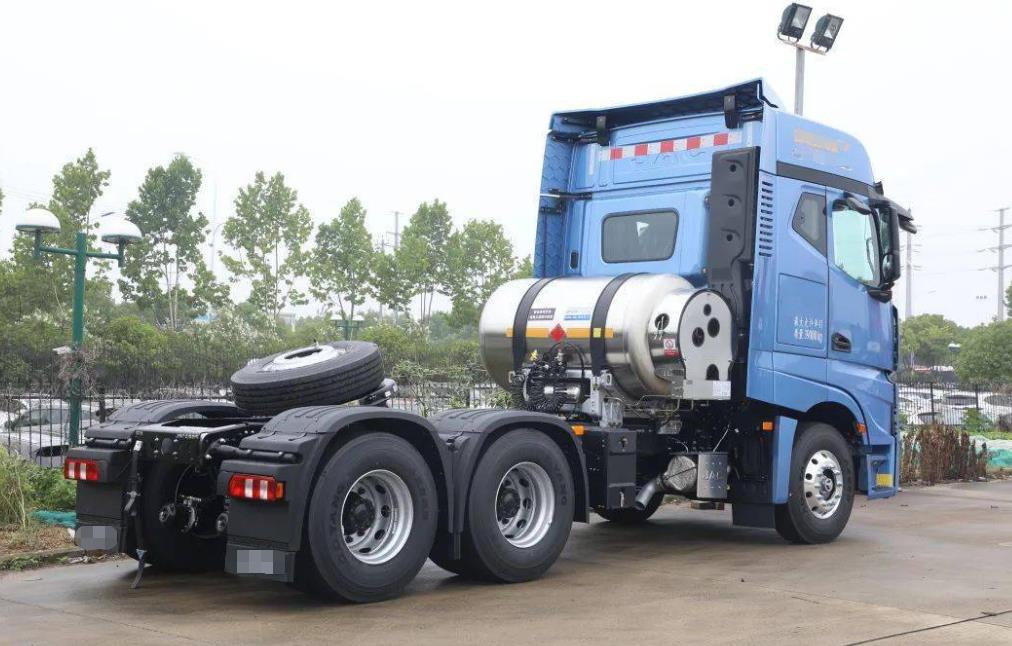
So, is it worth starting with natural gas heavy-duty trucks? This also starts from the advantages and disadvantages of natural gas heavy-duty trucks themselves.
Advantages of natural gas heavy-duty trucks:
1. Fuel prices are cheaper:
In general, natural gas prices are cheaper than diesel, especially in the current context of rising fuel prices. In terms of vehicle fuel alone, natural gas heavy-duty trucks can save a lot compared to traditional fuel vehicles.
2. More environmentally friendly:
As a clean fuel vehicle, natural gas heavy-duty trucks have advantages such as clean environmental protection, good economy, and low operating costs. Under the same conditions, the emission pollution of natural gas heavy-duty trucks is much lower than that of diesel vehicles. The carbon dioxide, carbon monoxide, and hydrocarbons in the exhaust are significantly reduced compared to diesel vehicles, and there are basically no harmful substances such as sulfides and benzene.
3. Protecting the engine:
Natural gas burns more completely and cleanly in the engine, which is less prone to carbon accumulation. It can greatly reduce the wear of parts in the engine cylinders, extend the engine's service life, and reduce vehicle maintenance or repair costs.
4. High ignition point and low temperature resistance:
The ignition point of natural gas is high, above 600 ℃, and it is not flammable. In cold weather conditions, there is no wax formation in diesel, and there is no need for oil heating. Additionally, it has good low-temperature starting performance.
5. Not afraid of 'fuel consumers' stealing oil:
Natural gas is not something that can be stolen if Anhängerachse you want to. When car owners are tired, they can stop and rest without worrying about fuel theft or sleeping on the fuel tank in cold weather.
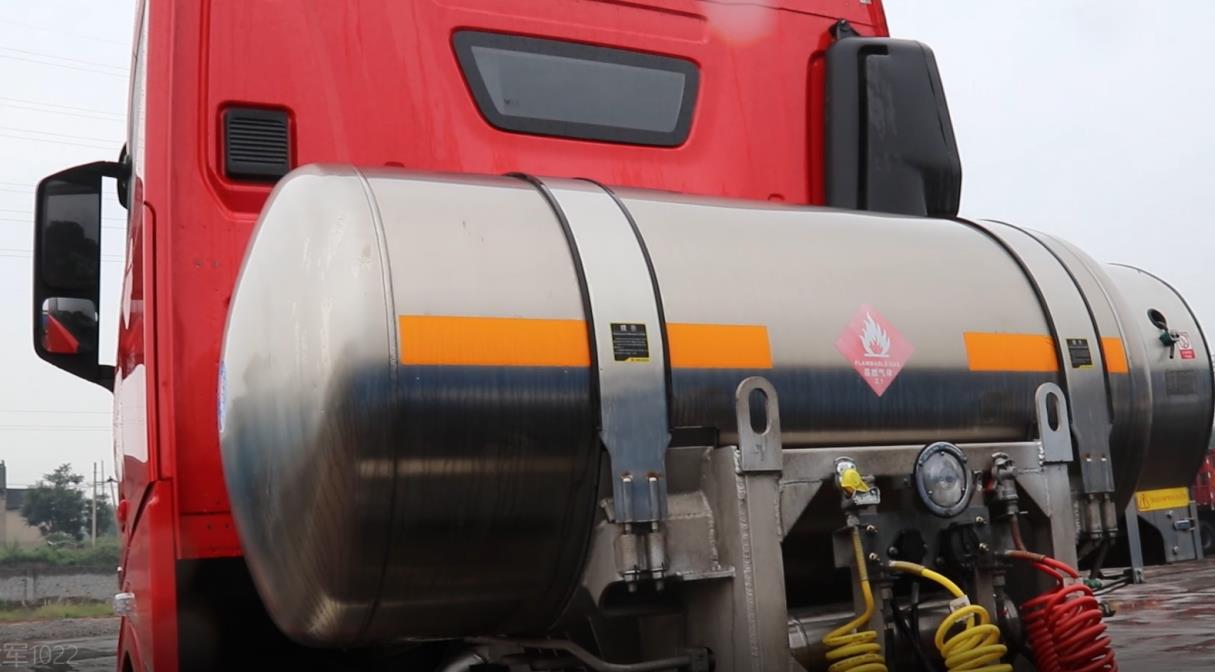
Disadvantages of natural gas heavy-duty trucks:
1. Poor coverage of gas stations:
At present, the coverage rate of gas stations in China is far lower than that of gas stations. Once car owners have traveled a long distance, they must always calculate their fuel mileage and plan their routes.
2. High selling price and long payback period:
At present, the price of natural gas heavy-duty trucks is generally higher than that of gasoline vehicles. Even if modified, such as replacing the engine, installing gas storage tanks, pressure reducing valves, mixers, etc., the price is probably tens of thousands of yuan. Under the same horsepower configuration, natural gas heavy-duty trucks have a longer payback cycle than fuel heavy-duty trucks. If the supply of goods is stable, this is not a problem, but when the market situation deteriorates, car owners may face greater pressure to pay back.
3. High maintenance costs:
According to some car owners, repairing a heavy truck with natural gas costs at least over a thousand yuan, resulting in higher maintenance costs.
4. Insufficient power:
Especially at present, most engines of natural gas heavy-duty trucks are modified from original diesel engines. After switching to natural gas, the power often decreases by about 10% -20%, which to some extent leads to the phenomenon that car owners claim to be sluggish climbing and slow acceleration response.
5. Not suitable for long-distance transportation:
After filling up the fuel tank of a heavy truck, it is basically not a problem to run for over one or two thousand kilometers, but a natural gas heavy truck of the same specification can run for about a few hundred kilometers even if it is fully charged.
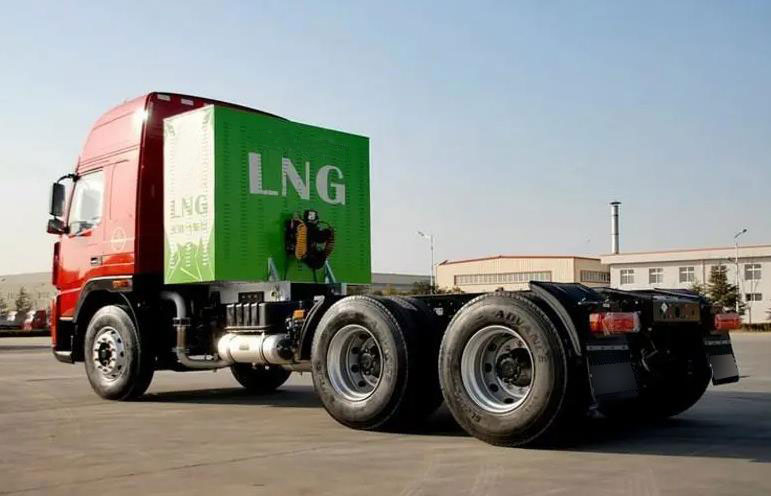
Es ist zu beachten, dass die Betriebskosten von erdgasbetriebenen Schwerlastkraftwagen nicht festgelegt sind und eng mit den Gaspreisen zusammenhängen. Beispielsweise stiegen im zweiten Halbjahr 2017 aufgrund der Auswirkungen der Gasheizung die LNG-Preise deutlich an, was zu einem deutlichen Anstieg der Betriebskosten für die Anhängerachse von erdgasbetriebenen Schwerlastkraftwagen führte. Es gab sogar Fälle, in denen erdgasbetriebene Schwerlastkraftwagen vom Markt genommen wurden.
Darüber hinaus sollte der Gasvorratstank von Erdgas-Schwerlastkraftwagen nicht knapp werden
